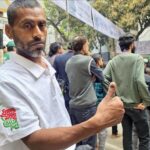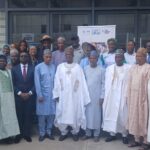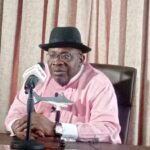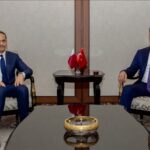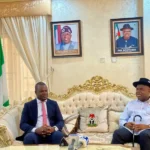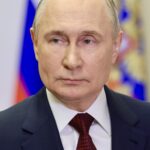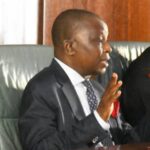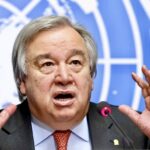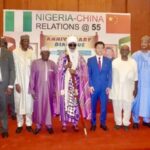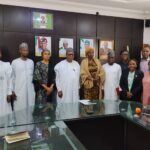By Deborah Coker
The International Press Centre (IPC) has urged the media to serve as both the mirror and mediator reflecting on public sentiment in shared commitment to rebuilding trust in Nigeria’s electoral process.
Mrs Stella Nwofia, Programme Manager, IPC, gave the charge on Monday in her remarks at the presentation of Report on Electoral Trust and Strategic MoU Signing with NAWOJ/GOCOP, in Abuja.
The event is organised by the IPC under the EU Support to Democratic Governance in Nigeria (EU-SDGN II) Component 4: Support to Media.
Nwofia noted that recent research and stakeholder engagements have consistently highlighted the pivotal role of the media in shaping public trust in democratic institutions in Nigeria, where electoral processes were often met with scepticism.
“The media, therefore, must not only report events but also interrogate narratives, amplify marginalised voices, and hold all actors: political parties, security agencies, electoral bodies, and civil society accountable.
“Today, we gather not only to inaugurate a report but to reaffirm our shared commitment to rebuilding trust in Nigeria’s electoral process, institutions, and elections.
“Studies have shown that trust in electoral institutions is closely linked to the quality, consistency, and credibility of information disseminated before, during, and after elections.
“Nigeria’s electoral system has seen notable advancements including the adoption of digital tools and expanded civic education; recent elections have revealed persistent structural and perceptual challenges.
“The 2023 general elections in particular, drew widespread scrutiny from both domestic and international observers,” she said.
The IPC programme manager added that the report inaugurated was the product of IPC’s media-led, multi-stakeholder dialogue series held across Nigeria’s six geo-political zones between 2023 and 2025.
According to her, convened under Component 4: Support to Media of the European Union Support to Democratic Governance in Nigeria (EU-SDGN II) project, these dialogues provided a platform for diverse voices to engage, deliberate, and co-create strategies for restoring public confidence in our democratic systems.
“As Stephen Covey once said, ‘Trust is the glue of life; the most essential ingredient in effective communication; the foundational principle that holds all relationships.
“This forum reflects IPC’s concern that scrutiny is often disproportionately focused on INEC, while other key actors like government institutions, political parties, candidates, and security agencies escape the spotlight.
“Today, we must ask ourselves: Have we done enough to hold all stakeholders accountable for their roles in the electoral process?
“And equally important, have we, as media and civil society organisations, upheld the same standards of transparency, responsibility, and public trust in the discharge of our duties?”.
Nwofia further said that the MoU between IPC, NAWOJ and GOCOP was a partnership aimed to foster an enabling environment for impactful, inclusive, and public-interest-driven election reporting.
“The MoU sets performance benchmarks to enhance accountability and professional standards, particularly in the coverage of gender-related electoral issues and campaign commitments.
“Let us use this moment not only to reflect but to recommit to a media landscape that informs, empowers, and uplifts democratic values,” she stressed. (NAN)(www.nannews.ng)
Edited by Sadiya Hamza

